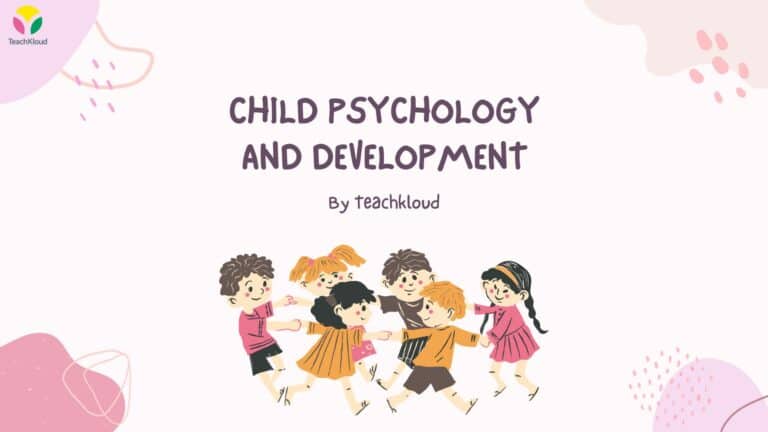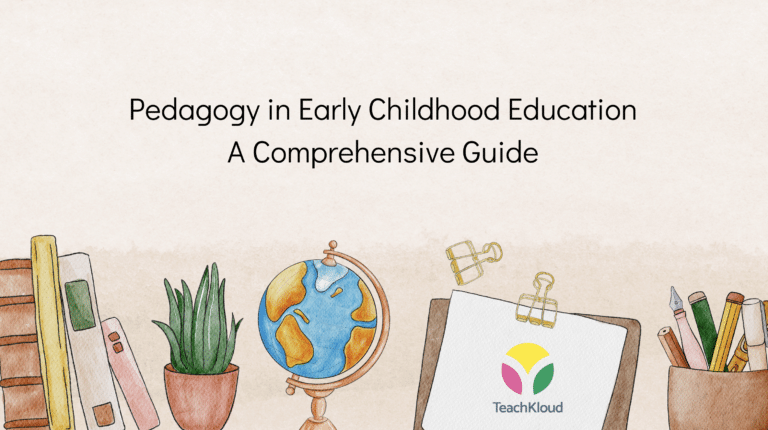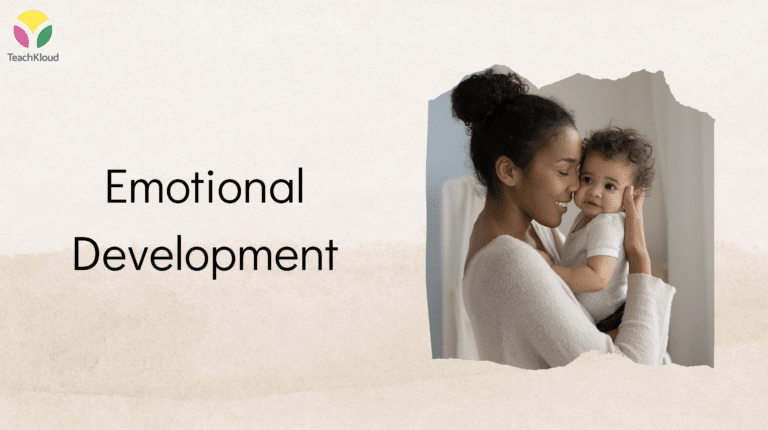5 Love Languages Of Children
Research shows that children who feel love and have warm, affectionate relations with their parents are more likely to develop superior social skills.
Social skills have been linked not only with the capacity to develop friendships but also to emotional and mental health, self-esteem, school readiness, and academic competence.
But what exactly can you do to ensure you form a close emotional relationship with your child?
Cue, the ‘5 Love Languages for Children.’ In his book, Dr. Gary Chapman addresses the importance of identifying your child’s love language.
‘You know you love your child. But how can you show it so they really feel loved?’ is the question posed on the back cover.
You can determine your child’s love language!
Dr. Chapman states kids, “desperately need to know how much you love them. But if you don’t know the specific love language of your children you might as well be speaking gibberish. Every child expresses and receives love best through one of five communication styles.” (watch Dr. Gary Chapman speak about the 5 love languages of children, here).
Does your child feel loved best through quality time, words of affirmation, gifts, acts of service or physical touch?
Each one of these love languages expresses love in its own way…
Quality Time – giving your child your undivided attention.
Words of Affirmation – using positive praise to build up your child.
Gifts – a gift says, “my parents were thinking about me. Look what they got for me.”
Acts of Service – doing something for your child that you know they would like.
Physical Touch – holding hands, cuddling, hugging…
To determine just which “love language” your child speaks, check out the following article by imom.com.
Once you’ve determined your child’s special “love language,” here is what you can do to guarantee the love you express resonates in their souls.
Amy Blevins of Homeschool Encouragement shares 50 ‘practical, concrete ways to show your child that you love them’ by listing ideas for each of the five love languages. Check it out, here.
Remember, academic achievement in the first few years of schooling is built on your child’s foundation of emotional and social skills.
So taking the time now, to determine just what your child needs to feel loved and respected, will help to secure your child’s future academic success!










